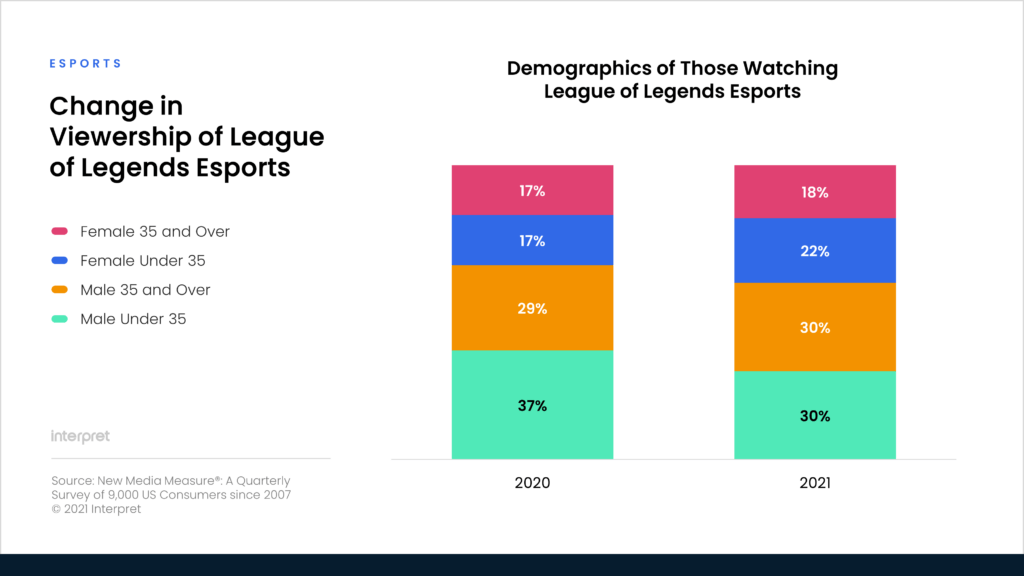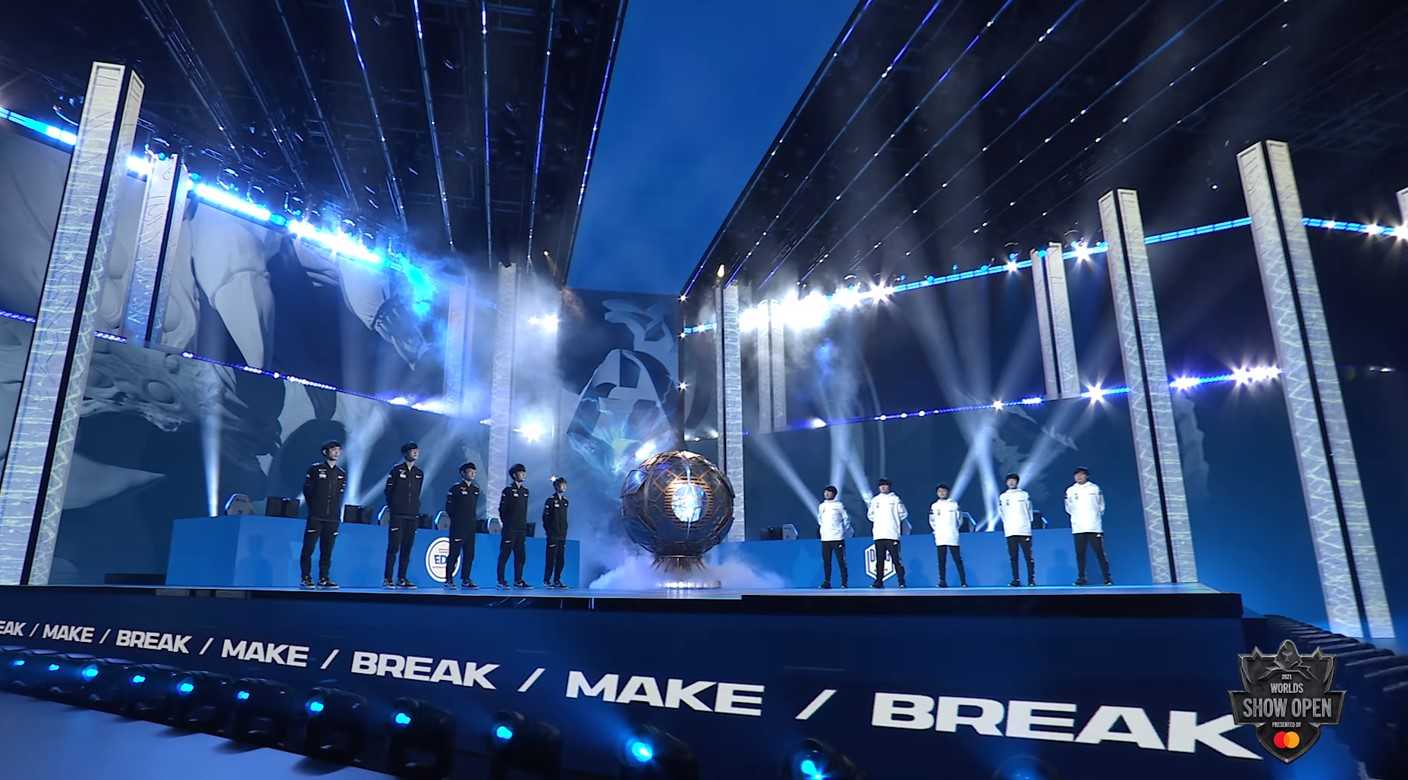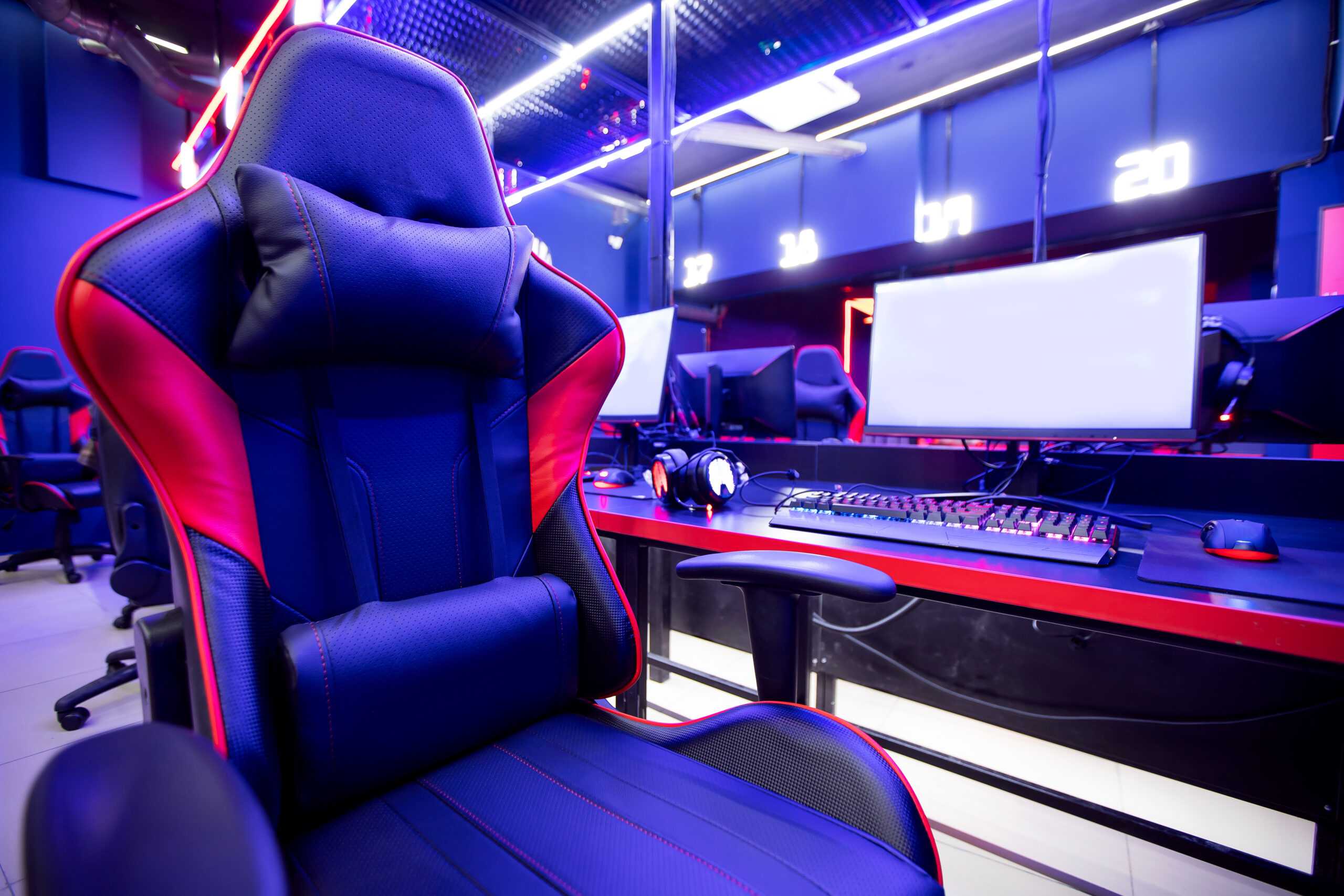Riot Games’ League of Legends has been entertaining gamers worldwide since 2009 and regularly produces billions of dollars in revenues on an annual basis, hitting a reported high watermark in 2017 when the title generated over $2.1 billion. There’s no denying how lucrative the free-to-play online MOBA has been as a consumer product, but it’s been a different story when considering the associated esports business.
Riot unified its LoL Esports brand under one umbrella in 2020, and the game has maintained its status as the most popular esport in the world for years, but according to Riot’s head of esports, John Needham, the esports business has yet to turn a profit. He explained to The Washington Post, “If I can’t make esports a great business for teams and our sponsors, then we’re not going to last long. We’re very much thinking about, ‘How do we make the entire ecosystem profitable?’”
When the industry’s top esport can’t profit, it puts the entirety of esports as a business into question. Teams that have flourished, such as FaZe Clan, TSM, Team Liquid, NRG, or 100 Thieves, have done so not because they excel at competition, but because they’ve elevated their brands to encompass entertainment and lifestyle. The bulk of the money comes from sponsorships, content creation, and merchandising. As a league operator, Riot Games has been particularly successful at securing mainstream sponsorships from the likes of Mastercard, Verizon, FTX, Coca-Cola, Bud Light, and others.
For Riot and other major game publishers, esports has effectively become a hefty marketing expense. The business on its own simply isn’t mature enough to be viable – Needham’s midterm goal is to break even – but it keeps fans engaged and reinforces the League of Legends brand, which now spans multiple games, animated series, and more. The good news for Riot is that viewership continues to grow. One of the matches from the recent Worlds 2021 generated a new record of peak concurrent viewers with 2.2 million fans tuning in.
According to Interpret’s New Media Measure®, LoL Esports has gained viewers among esports fans for the past four consecutive quarters. Importantly, year-over-year growth has not come from the typical young male demographic, but has been fueled by young women who are increasingly getting into competitive gaming (Riot’s own Valorant has helped lead that charge). This is great news for Riot and the esports ecosystem, as bringing in more women and a broader audience means that leagues and teams can attract other non-endemic sponsors who might not have considered esports a year or more ago.







